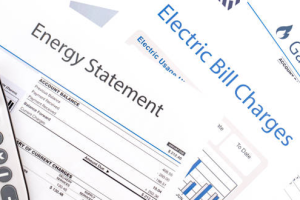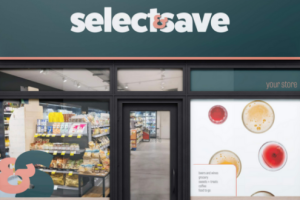The prediction comes as prime minister Boris Johnson set out his four-step plan to release England from lockdown, which sees schools reopen on 8 March, outdoor sports start from 29 March, non-essential shops, hairdressers and gyms reopen from 12 April, and all legal limits on social contact end from 21 June.
Evidence from retail analytics consultancy Ipsos Retail Performance shows that shoppers were slow to return to non-essential stores after the first lockdown was lifted in June 2020. In stores that re-opened in that first week footfall was only a third (32%) of levels the previous year.
However, the return to the shops was far stronger on re-opening after the second lockdown in November. Then footfall during the first week after the lockdown was lifted stood at 65% of the corresponding week of 2019.
Tim Denison, director of analytics and insights at Ipsos Retail Performance, says that he expects to see a similar rebound in shopper numbers to that seen in December this time around.
He said: “I expect to see shoppers pick up where they left off last time around, with non-essential store footfall bouncing back to two-thirds of the levels before the pandemic struck. This time around, of course, we have the added advantage that the vaccine rollout is well underway, and this may give some of the elderly who had been reluctant, after previous lockdowns, added reassurance to venture out. From a behavioural science perspective, we believe that all the elements are in place for this to happen.
“While we may have to wait until the second half of the year before things really start to brighten up in the economy, we can expect significant pent-up demand for retail therapy to be released when non-essential stores reopen after a dark winter.”
The government’s roadmap has been welcomed by the British Independent Retailers Association and the British Retail Consortium.
Andrew Goodacre, Bira’s chief executive, said: “Whilst it is good for us to have a date, we are very disappointed that non-essential shops will miss the Easter period, especially as they also missed out on most of the busy festive period. We therefore want the chancellor to recognise this in the Budget next week and make clear statements about the support that will be available for the next 12 months.
“Independent retailers are desperate to be open and serving their communities – they have always been safe and will continue to be so. In the meantime we have large general retailers, and garden centres free to trade despite only selling a small amount of essential items with the prospect of being free form competition for the next seven weeks.”
Chief executive, Helen Dickinson, added: “Government should remain flexible and allow non-essential retail to reopen as soon as the data suggests it is safe to do so. Until it is permitted, retailers will need continued support from government. We welcome the PM’s call ‘not to pull the rug out’ from under businesses. To this end, the government must act on three vital issues – rents, rates and grants.
“To avoid further job losses and permanent job closures, the chancellor must announce a targeted business rates relief from April and extend the moratorium on debt enforcement, as well as removing state aid caps on Covid business grants. This would relieve struggling businesses of bills they cannot currently pay and allow them to trade their way to recovery.”
Dan Simms, co-head of retail agency at Colliers, has described the prime minister’s announcement as “profoundly depressing, over-cautious and unwelcome” for the retail and hospitality sector. Simms said: “We have a world-leading vaccine programme that is now rapidly changing the situation, yet the government seems to be unable to even attempt to balance health, societal and economic considerations and shows no real understanding of the scale of the emergency for the sector. The dates announced will be simply too late for many businesses that have been able to trade for only small periods over the last year and the government support merely papers over a few cracks.”
 Talking Retail Grocery and product news for independent retailers
Talking Retail Grocery and product news for independent retailers






